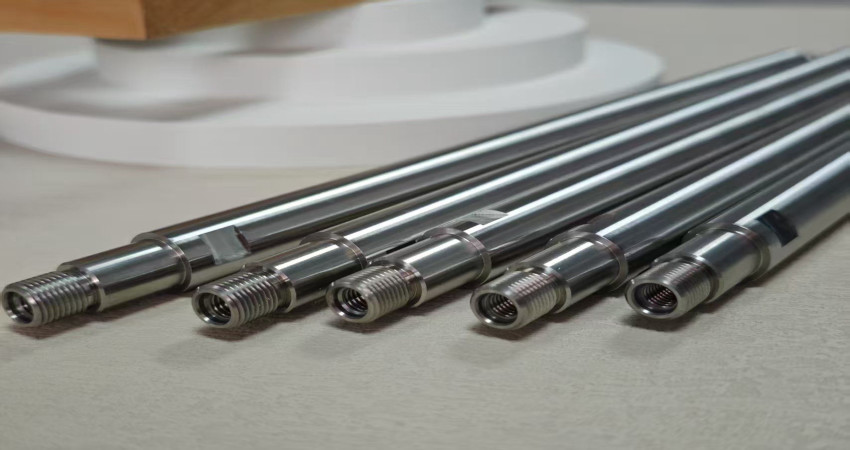
2025-04-11 09:14:38
Aluminium stamping parts are lightweight yet strong, very well resistant to corrosion and versatile and have become an integral part of many industries. A few industries include the automotive, aerospace, electronics, medical devices, and renewable energy. The need for such alloyed stamping parts increased substantially for those seeking the necessary high precision, durability, and cost-effectiveness for their applications.PSHardware has put its efforts into the manufacture and supply of the world's best-qualified aluminium stamping parts that meet the highest standards in the industry. As precision engineering masters and advanced manufacturing houses, our enterprise can ensure that our customers get the best to manufacture their projects from those components.This article will include a detailed understanding of aluminium stamping parts, advantages, applications, and some major factors to keep in mind when buying them. This would give buyers an idea of what they need to consider when looking for aluminium stamping parts from online vendors or orders customized for them.
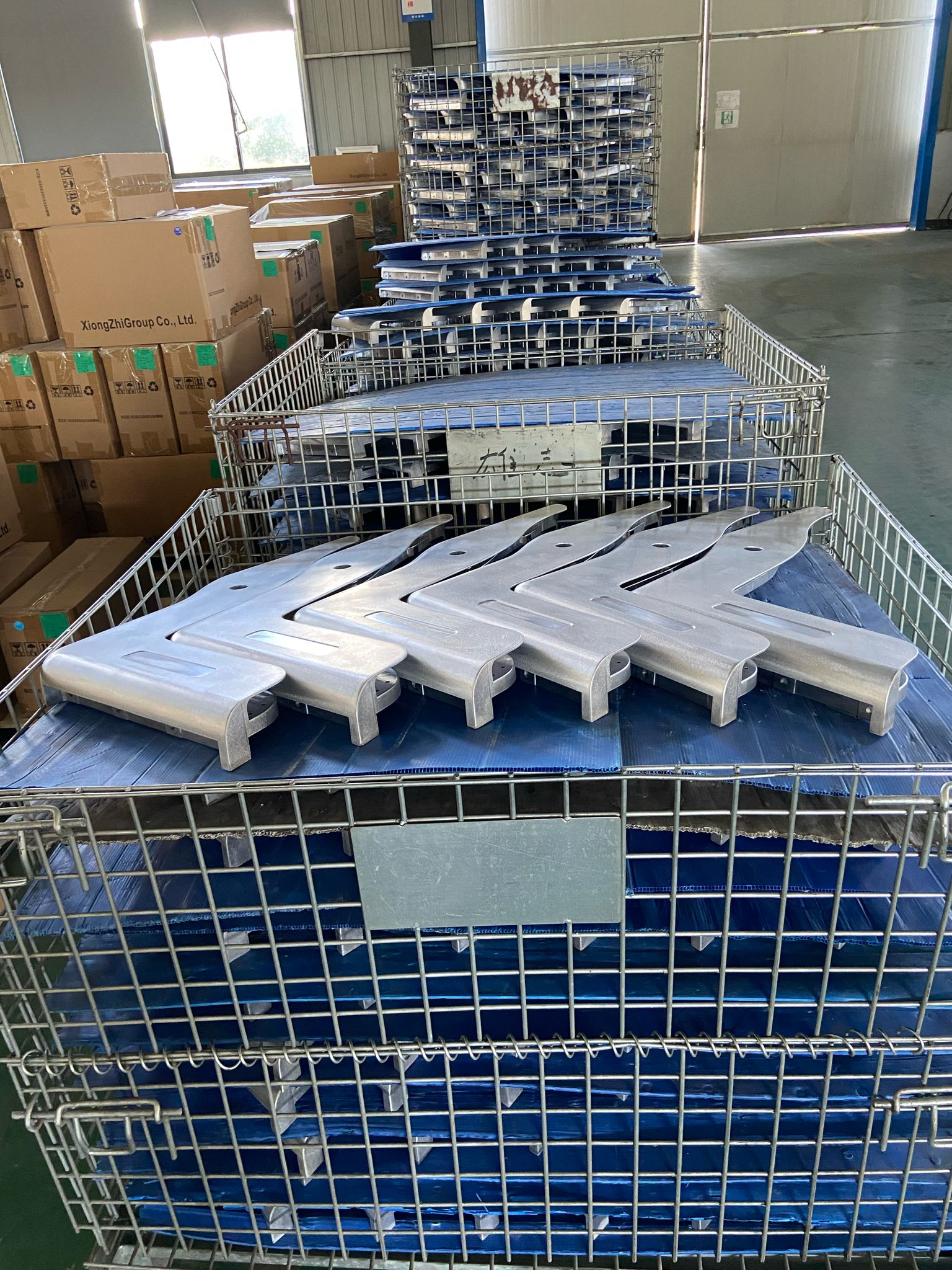
Aluminium stamping parts are those precision-made parts that have undergone a stamping process involving shaping these sheets with dies and presses to obtain specification forms. Such processes allow manufactories to create highly intricate and tolled parts, easily repeatable.
The Aluminium Stamping Process
1. Blanking: Cut raw aluminium sheets into specific geometric forms and sizes.
2. Bending: Forming the aluminium into defined angles or curves.
3. Punching: Making holes or slots for assembly purposes.
4. Embossing: Pattern or texture adding to increase the visual and functional appeal.
5. Finishing: Protective coating application for enhancement in durability and better resistance.
PSHardware has the modern stamping machines for the production of aluminium parts according to very tight tolerances and exact specifications provided and predicated on such great accuracy for strength and durability are available in almost all possible applications.
Aluminium is one of the closest materials with respect to metal stamping. There are unique features that distinguish aluminium above other metals that favor its stamping. The following are some advantages that favour aluminium for stamping:
1. Lightweight Yet Strong: Aluminium is about one-third the weight of steel, making it prime for use in applications requiring much strength without the excess weight. This is especially a virtue in the automobile and aerospace industries, translating into weight reduction and, therefore, improved fuel efficiency and performance overall.
2. Resistance to Corrosion: Aluminium requires no special maintenance, unlike other metals, for it has a naturally occurring oxidation layer, which protects it against corrosion. Consequently, aluminium stamping parts would be outdoor and high-moisture environments where maintenance wouldn't be a frequent affair.
3. High Malleability & Flexibility Aluminium is highly malleable, able to shape, bend, and form into very complex designs without cracking or breaking, making aluminium stamping parts not just versatile but possible to reckon for intricate parts.
4. Cost-Effective & Sustainable Aluminium is cheap and easily available; thus, this works well for the manufacturers. Moreover, aluminium is 100 percent recyclable, thus providing an eco-friendly choice for industries that seek to reduce their carbon footprint.
5. Excellent Thermal & Electrical Conductivity Aluminium has good thermal and electricity conduction; hence it's suitable for heat sinks, electronic enclosures, and circuit board components in the electronics sector.
Aluminium stamping parts find a multi-industry application as they are lightweight, yet reliable and corrosion-proof. Here are some of the most common applications:
1. Automotive Industry Light aircraft body panels Local engine components and mounting brackets Heat shields and insulation parts for temperature control Chassis and structurals reinforcements
2. Aerospace Industry Aircraft Frame & Support Brackets Wing Structures, Fuselage Components Landing Gears Reinforcements Satellite and Spacecraft Components
3. Electronics & Electrical Components Heat sinks for cooling Electronic enclosures and cases Battery housings and protective covers Connectors and circuit board components
4. Medical Equipment & Devices Types of surgical instruments and medical enclosures Components for diagnostic imaging device Durable protective casing for sensitive equipment
5. Renewable Energy Sector Photovoltaic panel mountings Parts of a wind turbine Battery housings for energy storage systems Trust PSHardware for customized aluminium stamping parts made for all these industries and guaranteed precision, durability, and standardization as per the specific industry.
Precision engineering is a significant aspect in the manufacture of high-quality aluminium stamping parts. At PSHardware, we use advanced methods, such as CNC machining and high-speed stamping, and also laser cutting, to achieve accuracy and consistency.
1. High Quality Tooling & Die Design: Commercial precision tooling minimizes variability in the production process. Each stamping piece of aluminium produces new variables with strict tolerances and precise specifications.
2. Speed and Efficiency in Production: Modern stamping machines can handle high-volume production and yet maintain quality.
3. Customized/Customized Solutions: We provide stamping with customized aluminium services where companies can define the dimensions, finish, and other additional details needed for a particular application.
4. Advanced Surface Finishing Options To increase durability and beautification, our aluminium stamping parts can be coated as follows:
• Anodizing for corrosion protection
• Powder coating for further durability
• Electroplating for strength bettering
While sourcing aluminium stamping parts, it is important to be aware of certain factors to ensure quality, reliability, and efficiency:
1. Quality of Aluminium Material Confirm that the aluminium is always of good quality. Aluminium alloys commonly used in stamping include:
• 5052: For good corrosion resistance and strength
• 6061: Comes with high strength and good machinability
• 7075: For aerospace applications with high strength
2. Check for Precision & Tolerances: Consider manufacturers that give tight tolerances for dimensional accuracy and consistency.
3. Manufacturer's Expertise & Reputation: Select a dependable manufacturer such as PSHardware with precision engineering and industry expertise as well as excellent production standards.
4. Custom Design Capabilities: In case you need certain sizes, shapes, or finishes, choose a manufacturer that can customize to match your particular need.
5. Conformity to Industry Standards: Confirmation that your aluminium stamping parts are up to ISO, ASTM, or other relevant quality certifications for safety and performance is very important.
1. High Quality Raw Materials: Made using high-grade aluminium alloys, our stamping parts are known to be sturdy and precision-engineered.
2. Advanced Manufacturing Technology: With advanced stamping systems and CNC machinery, we ensure that the fabrication process is precise and efficient.
3. Custom Design & Engineering Support: We give solutions tailored to industry needs.
4. Competitive Pricing & Timely Delivery: We have attractive rates and assure early completion of bulk and custom orders.
5. Exceptional Customer Support: We guarantee customer satisfaction from before placement of orders to after-sales services.
If quality aluminium stamped parts are on your shopping list, PSHardware is the trusted partner for precision engineering, reliability, and affordability.Whatever your aluminium stamping part catering automotive, aerospace, electronics, or renewable energy applications are, our expert team guarantees the performance, durability, and precision. Contact PSHardware for your extensive range of aluminium stamping parts to feel the advantage in precision engineering and quality manufacturing!

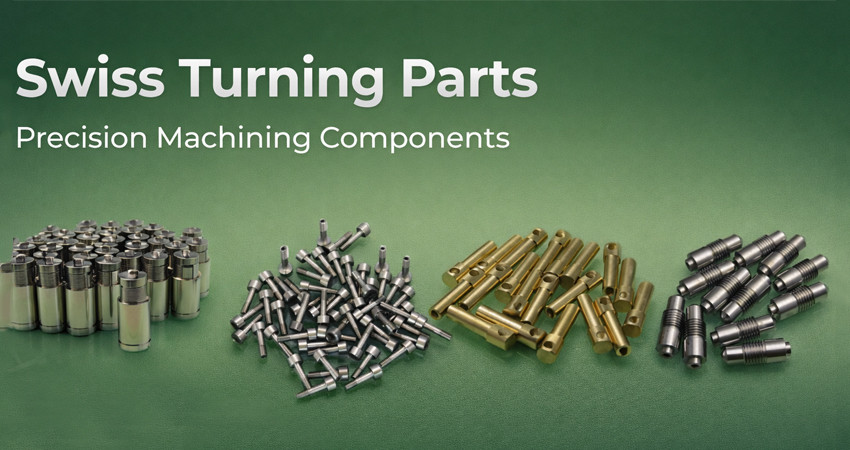
Date : 31 Dec 2025

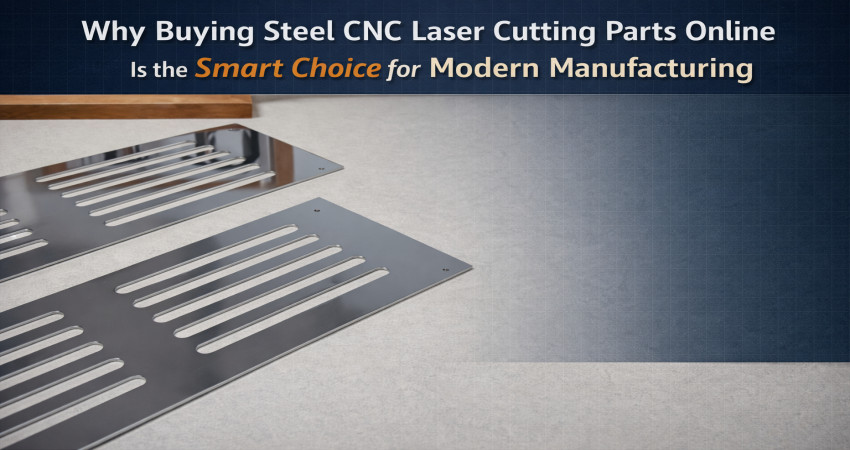
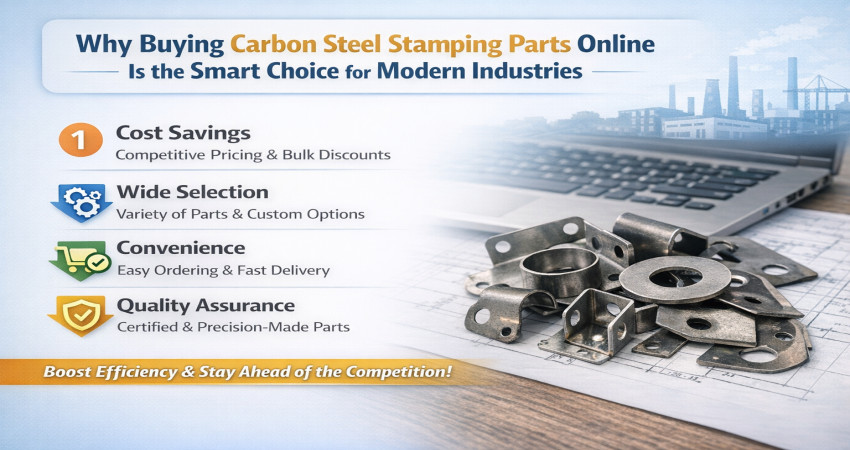
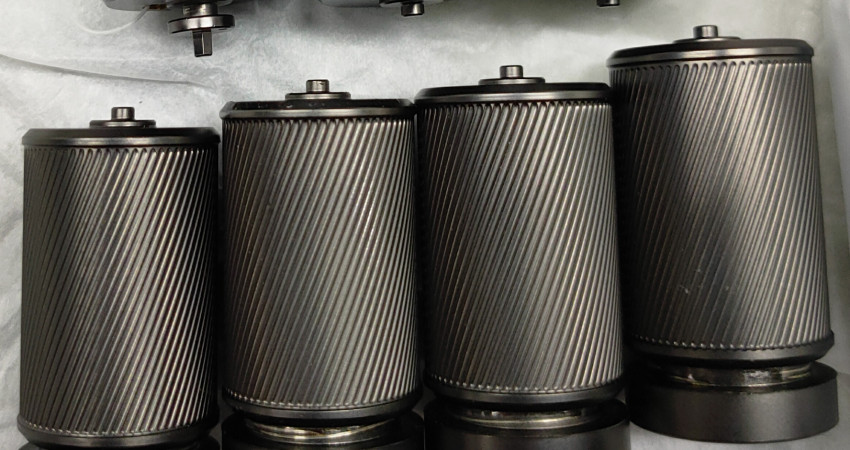


Date : 27 Oct 2025
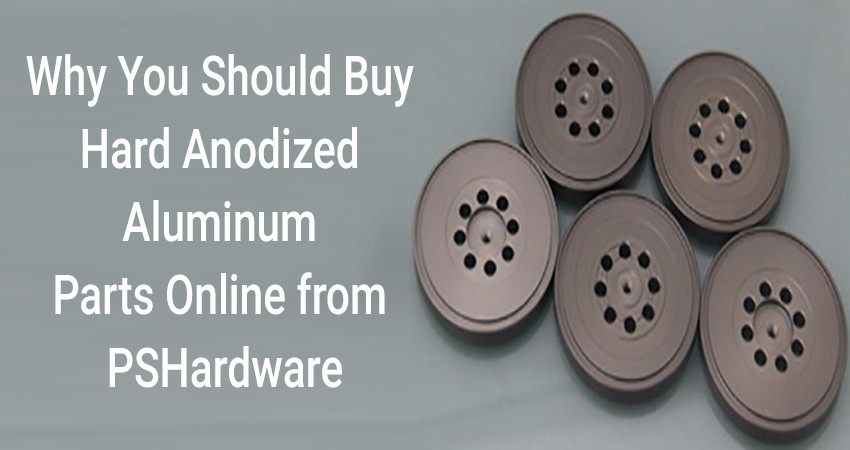
Date : 16 Oct 2025


Date : 11 Oct 2025
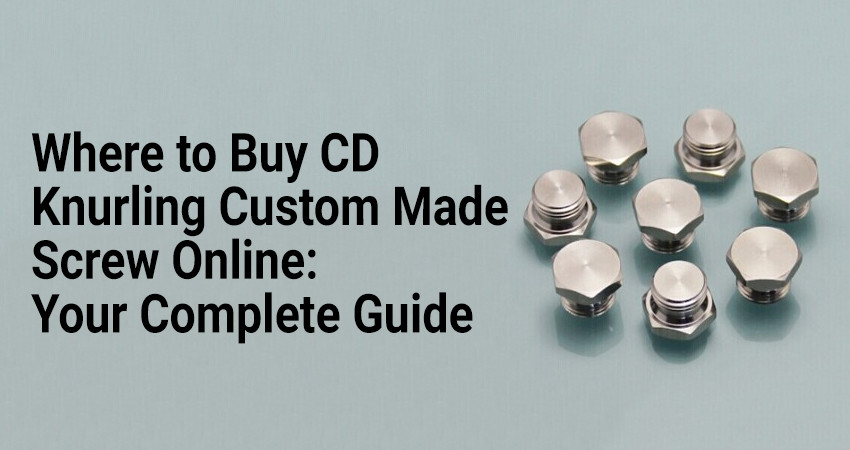
Date : 20 Sep 2025
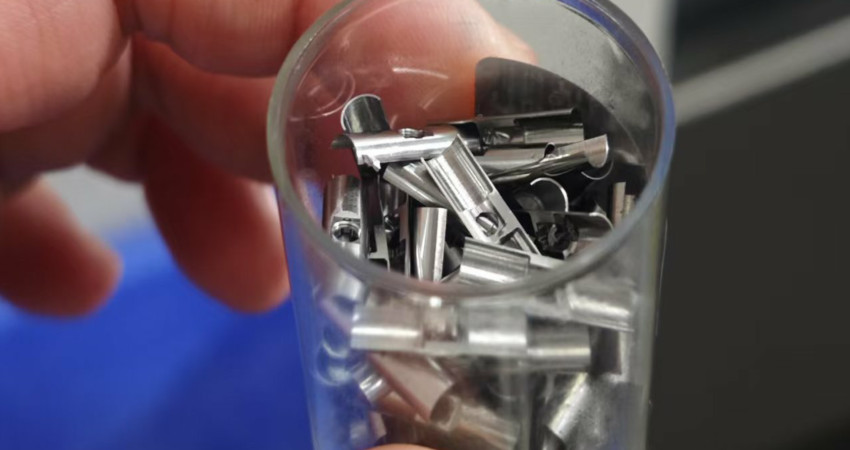
Date : 13 Sep 2025
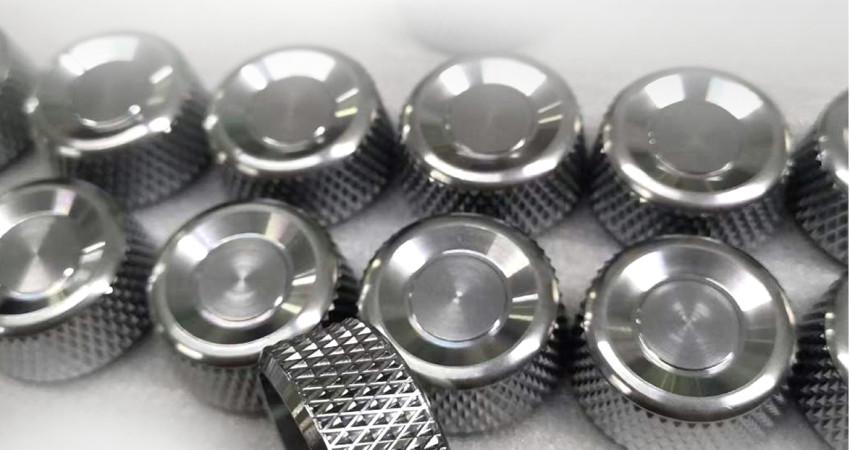
Date : 06 Sep 2025
.jpg)



Date : 31 Jul 2025
.jpg)
.jpg)
Date : 24 Jul 2025
.jpg)
Date : 12 Jul 2025
.jpg)
Date : 02 Jul 2025
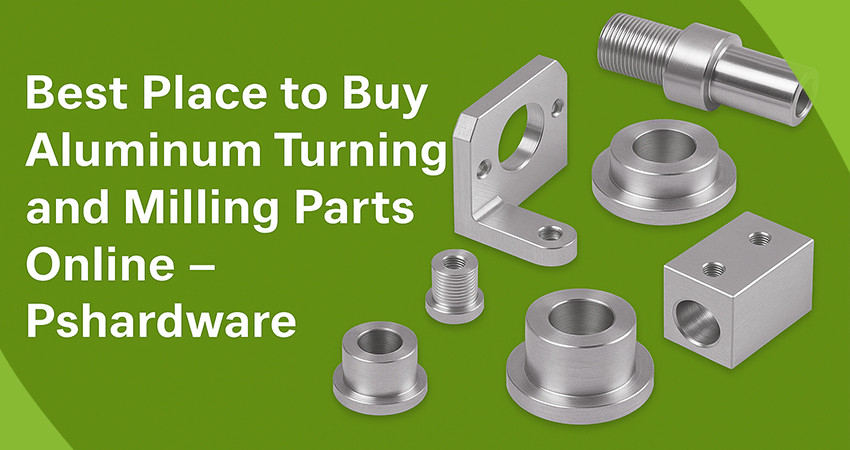
Date : 24 Jun 2025
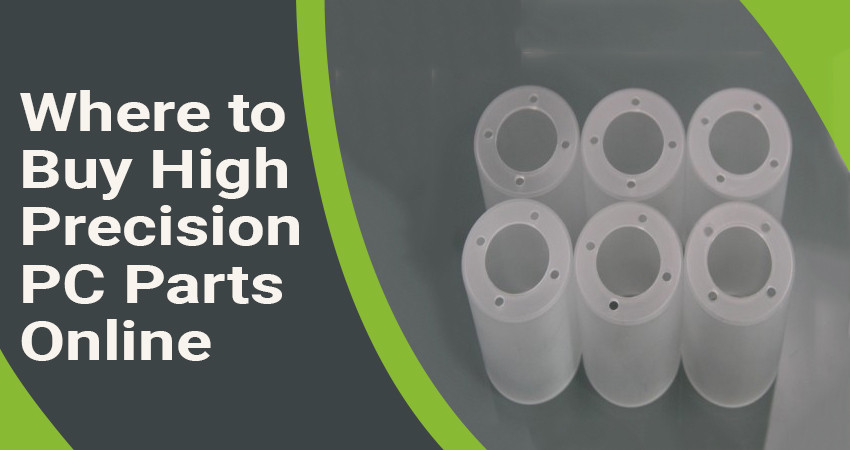
Date : 23 Jun 2025
.jpg)
Date : 14 Jun 2025
.jpg)
Date : 10 Jun 2025
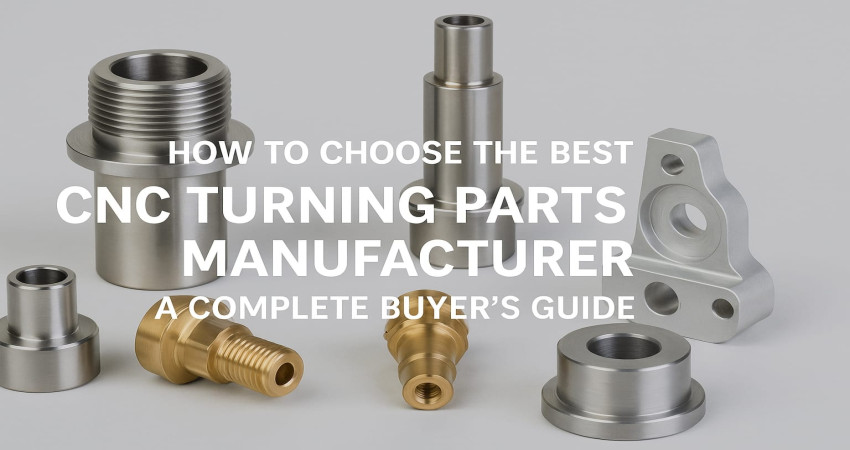
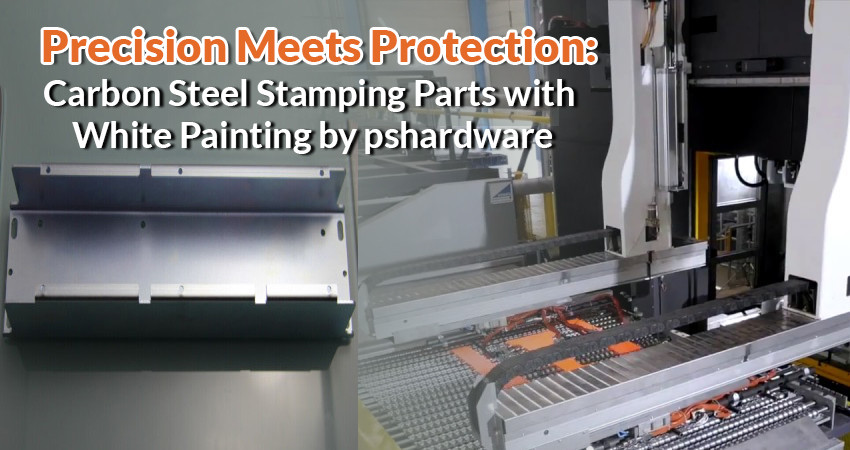
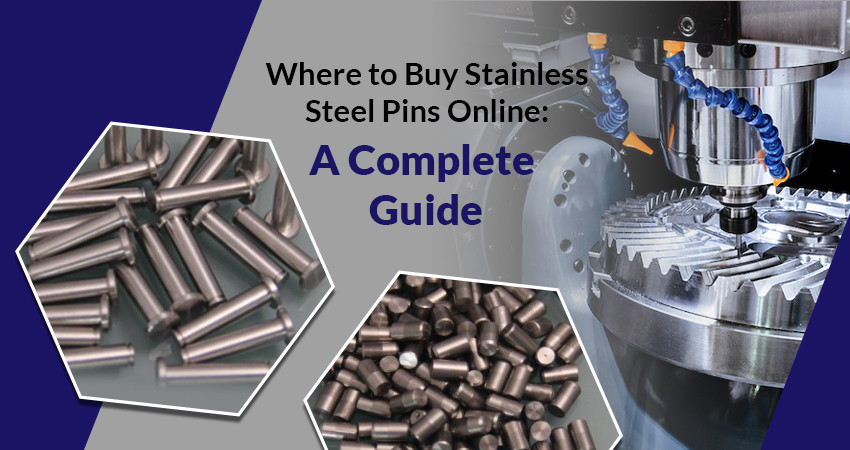
Date : 31 May 2025
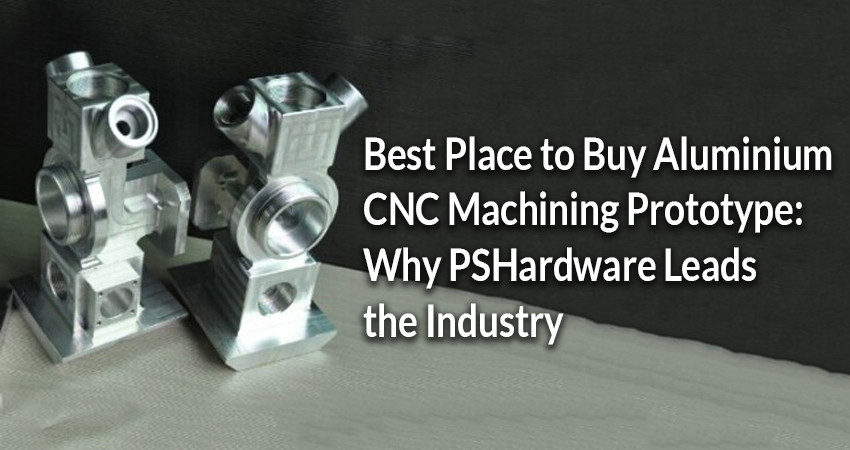
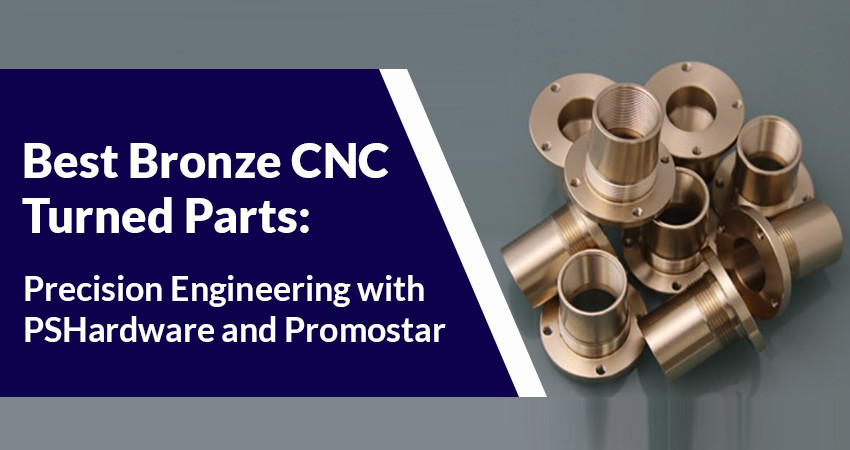
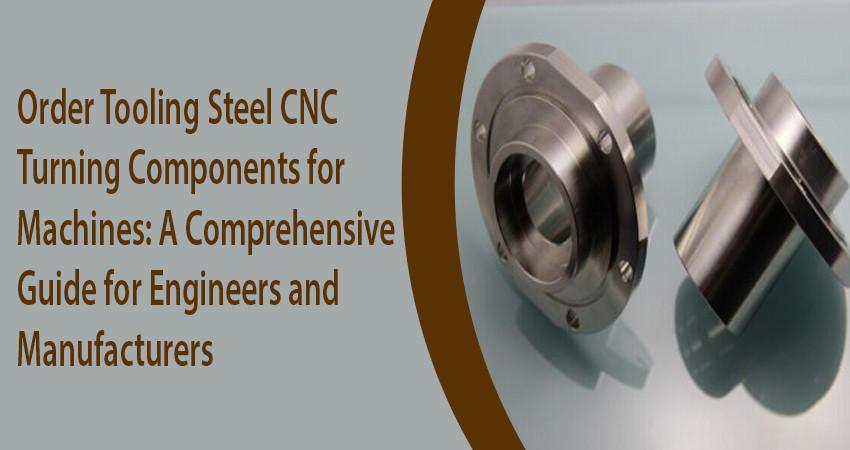
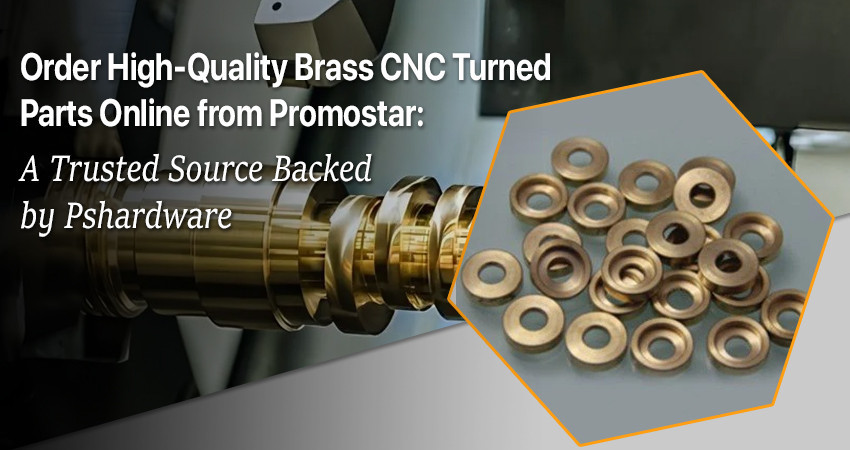
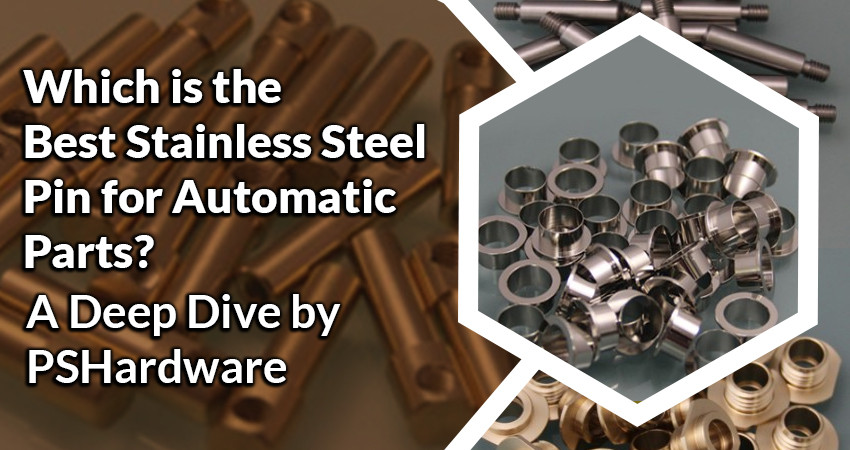
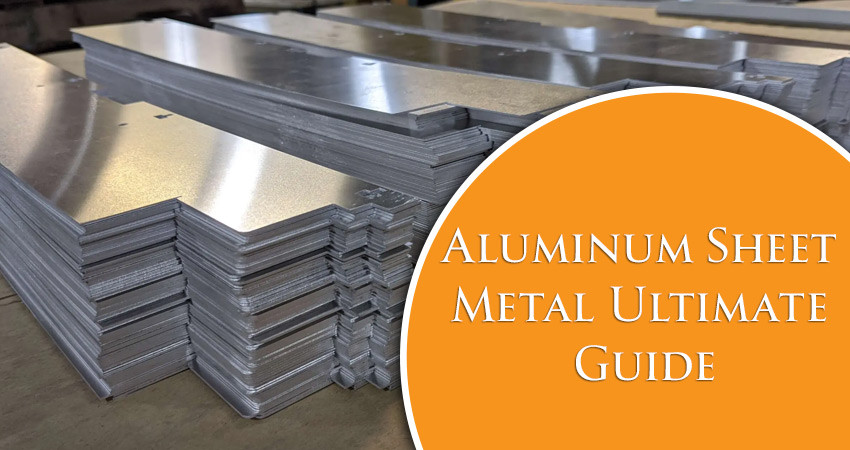
Date : 16 Apr 2025
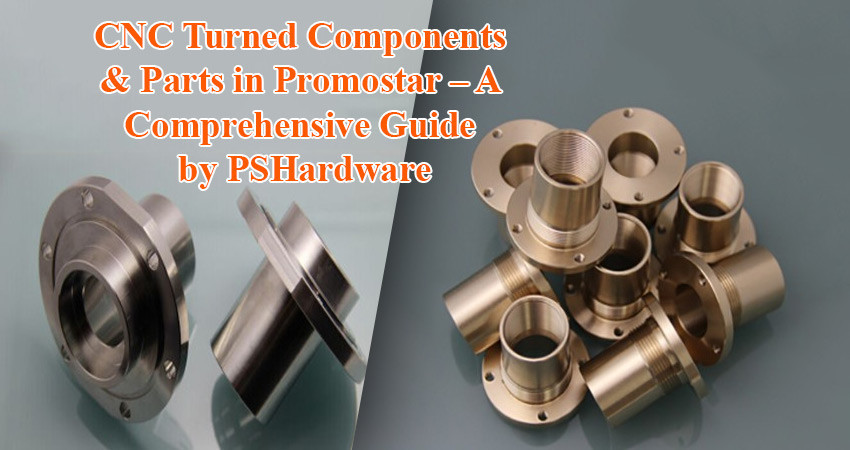
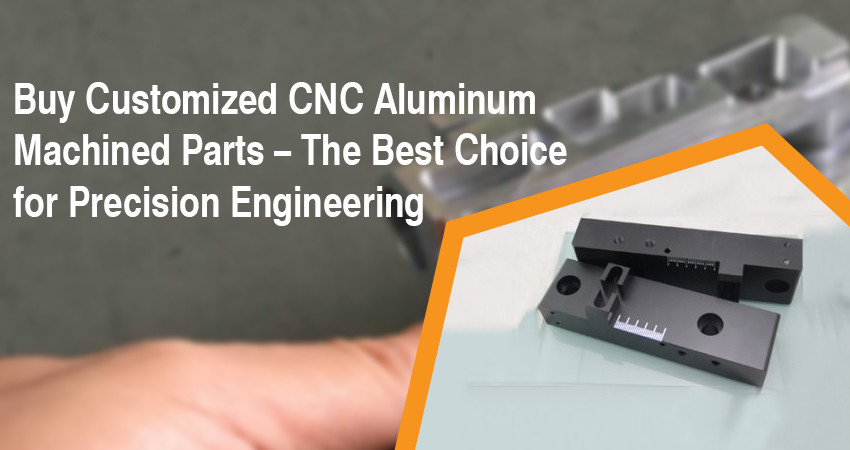

Date : 11 Apr 2025
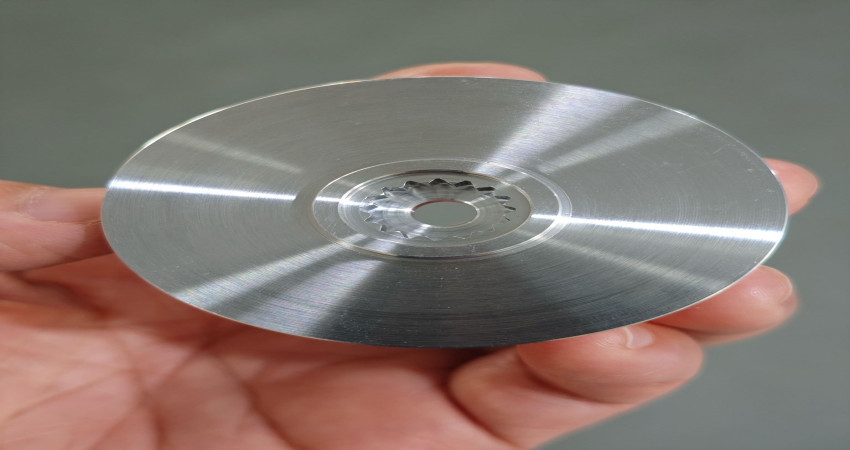
Date : 11 Apr 2025
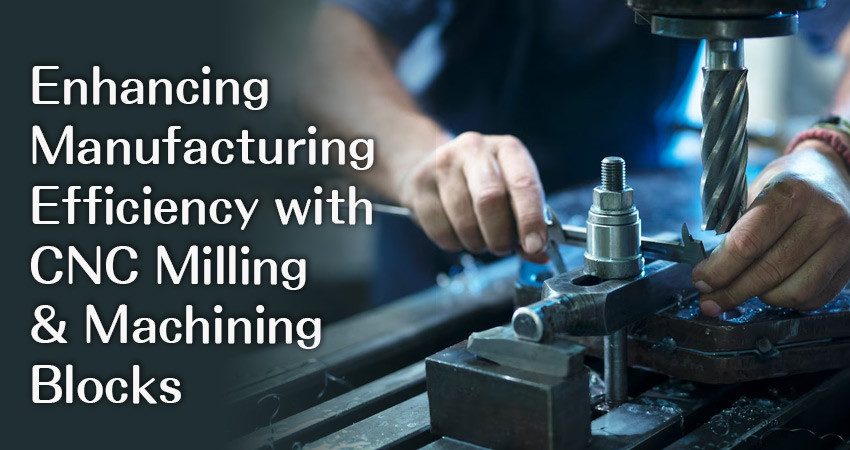
Date : 11 Apr 2025
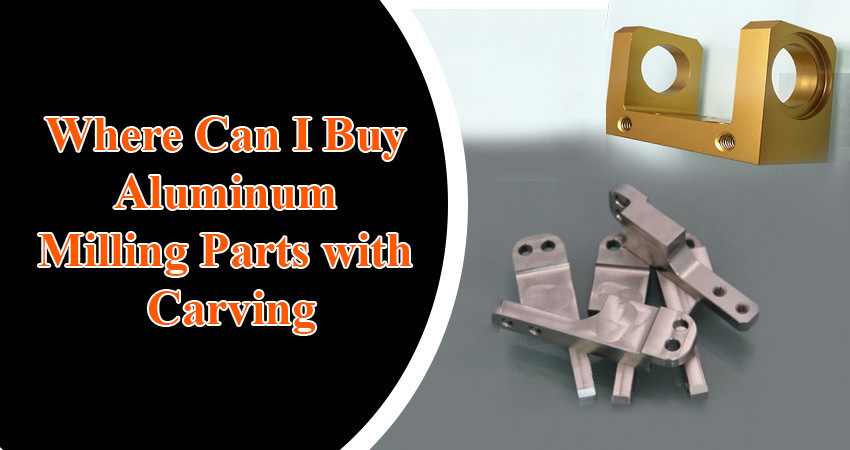
Date : 09 Apr 2025